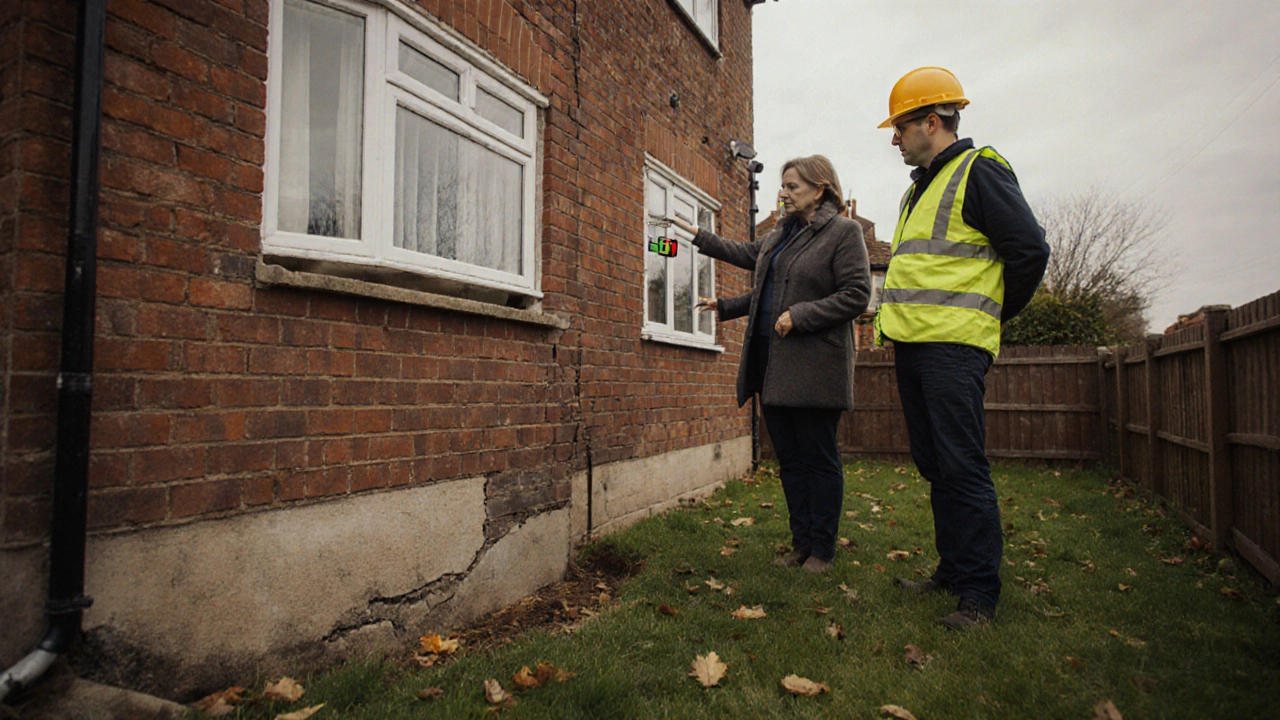House Inspection: What Every UK Homeowner Should Know
Thinking about buying, selling, or just keeping your home in shape? A solid house inspection can save you from nasty surprises and costly repairs. It’s not just a formality – it’s your chance to spot problems before they become big headaches.
Key Things Inspectors Look At
Inspectors walk through every room, the roof, the walls, and the ground beneath. Here are the top areas they focus on:
Foundations and walls. Cracks, damp, and signs of movement can indicate serious structural issues. A crack wider than 3 mm is usually a red flag in the UK.
Roof and gutters. Missing tiles, broken flashing, or blocked gutters can lead to leaks and water damage. Inspectors check the condition of the roof covering and the drainage system.
Floors and ceilings. Uneven floors, sagging ceilings, or soft spots often point to hidden moisture or weak joists. They’ll also look for signs of subsidence, especially in clay soils.
Electrical and plumbing. Outdated wiring, missing RCDs, or corroded pipes are safety hazards. A good inspector will note any non‑compliant installations and recommend a specialist.
Insulation and ventilation. Poor insulation boosts heating bills, while inadequate ventilation can cause mould. Inspectors measure loft insulation levels and check for proper airflow.
When an inspector spots an issue, they’ll add it to the report with photos and a clear description. This gives you a roadmap for repairs or negotiations.
How to Choose the Right Inspector
Not every inspector is created equal. Here’s how to pick one that fits your needs:
Look for credentials. In the UK, reputable inspectors belong to bodies like the Royal Institution of Chartered Surveyors (RICS) or the Chartered Association of Building Engineers (CABE). Membership shows they follow a professional code.
Check experience with similar properties. A cottage in Cornwall faces different risks than a terraced house in Manchester. Ask the inspector about past reports on similar homes.
Ask about the report format. A good report is clear, not full of jargon. It should list defects, explain the severity, and suggest next steps.
Get a price quote up front. Most inspectors charge per hour or per property. Make sure you know what’s included – for example, are roof and loft checks covered?
Read reviews. Look for feedback on independent sites or ask your mortgage adviser for recommendations. A track record of thorough, timely reports is a big plus.
Once you’ve chosen an inspector, schedule the visit as early as possible. This gives you time to act on any findings before contracts are signed.
Remember, a house inspection isn’t just for buyers. Sellers benefit too – a pre‑sale inspection lets you fix issues in advance, making your property more attractive and potentially speeding up the sale.
In short, treat the inspection as a health check for your home. It tells you where the house is thriving and where it needs care. With the right inspector and a clear report, you can negotiate confidently, plan repairs wisely, and keep your home safe and comfortable for years to come.

